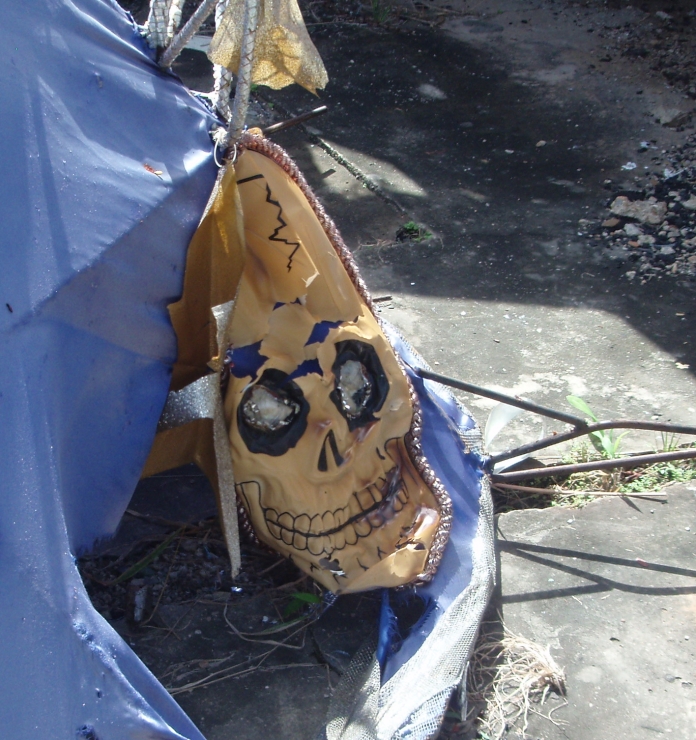
Police Call Box © Jennie Simpson
As a new year quickly approaches, and we reflect on the increasing calls for police accountability and a critical review of excessive use of force, I want to take this time to review the past year of Practicum and pose two questions for anthropologists and police agencies alike: do police agencies need anthropologists? And what might that look like?
Since its debut, Practicum has explored the practice of applied anthropologists working on issues of policing, criminal justice, juvenile justice and corrections. I’ve been remarkably heartened to see that a community of practitioners exists who have successfully applied the lens and research methodologies of anthropology to these issues. These anthropologists have “produced anthropology” (nod to the 2014 AAA Annual Meeting) in practice in juvenile justice, corrections, and policing and raised the profile of how anthropologists- through theoretical orientation, research techniques, analysis, and praxis- can contribute to the improvement of justice systems.
With this in mind, and a new year approaching, I want to propose a bit of radical thinking. Perhaps it won’t be radical to some of you, and perhaps for others, it might be a bit controversial. But with the events of Ferguson, continued fatalities in interactions between police and people with behavioral health disorders, and the tensions that structural violence and inequalities produce, I see a place for anthropologists placed within police departments. In an excellent panel discussion hosted by the Urban Institute and featuring Chief Ron Brown (Ret.), Chief Cathy Lanier, and Dr. Tracie Keesee, which I encourage you to view, I was struck by the progressive vision of policing and law enforcement that was presented. However, recalling my own experience in working with police officers, I know how hard implementation- even of the best vision- can be, especially within a hierarchical organization. While criminologists have made concrete headways into working within police organizations, anthropologists have not made similar strides. While I can speculate that this can be attributed to the discipline’s historical orientation and notions of appropriate subjects of study and practice, with the emergence of a strong contingent of academic and practicing anthropologists focusing on policing, criminal justice, and security, I find this may be the perfect time to consider how anthropologists can work with and within police organizations.
Continue reading →





